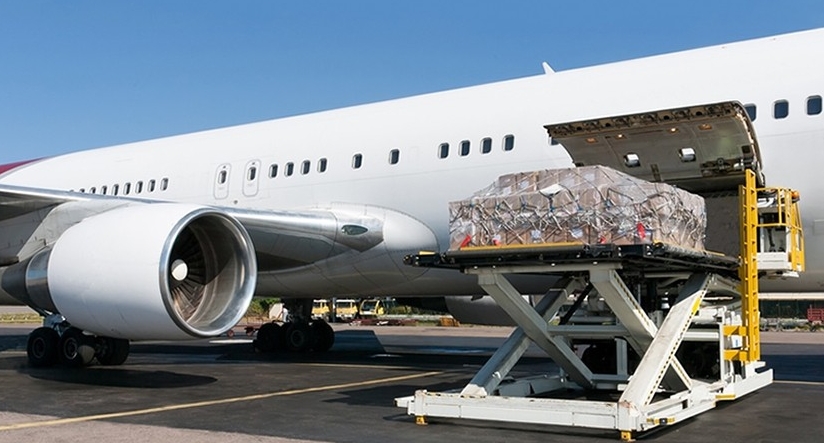African carriers register double-digit growth in air freight traffic in January
Airports Council International (ACI) World reported high growth momentum in global air freight in January, posting 8 per cent increase as compared to the previous year, in line with the rolling year-end figures.

March 28, 2018: Airports Council International (ACI) World reported high growth momentum in global air freight in January, posting 8 per cent increase as compared to the previous year, in line with the rolling year-end figures.
Despite the uncertainty regarding the protectionist rhetoric that swept across many countries, continued high growth in air freight volumes may very well be a trend in the short term. On the back of a strengthened global economy and trade, the air freight market has shown remarkable resilience to disruption in the last year. At the regional level, nearly all regions posted growth reaching 8 per cent or more for the month of January.
Africa and Latin America-Caribbean both reached double-digit figures, with 12 percent and 11.9 percent respectively. In Latin America-Caribbean, Argentina and Brazil posted significant growth as they recovered from challenging macroeconomic contexts, with 29.1 percent and 21.1 percent respectively.
The Middle East was the exception, continuing its slowdown to reach 0.7 percent in January. Although the region's rolling 12-month figures remained strong at 5.4 percent, a downward trend was visible in the last four months, after a surge of high growth during the summer of 2017.
In terms of passenger traffic, ACI World reported that the global passenger traffic grew 4.9 percent in January 2018 on a year-over-year basis.
Passenger traffic growth was more moderate in January for most regions following a successful year in 2017. International passenger traffic, which was the major driver for global traffic increases in 2017, closed the gap with domestic traffic during the period. The two market segments grew at 5.8 percent and 4.3 percent respectively.
Africa, which has benefitted from consistently high growth in passenger traffic since recovering from a difficult macroeconomic context in April 2017, posted 11.4 percent year-on-year. The region's growth was attributable to Egypt, Morocco and Nigeria, with figures of 21.7 percent, 16.6 percent and 13.1 percent respectively.
The Middle East fell during January, posting a slight 0.4 percent decline on a year-on-year basis. With geopolitical unrest affecting a number of countries in the region, and the blockade of Qatar still upheld, slower growth is likely to continue in the mid-term. As of the latest figures, the region's rolling 12-month figures were still relatively robust, with 3.9 percent at the end of January.


